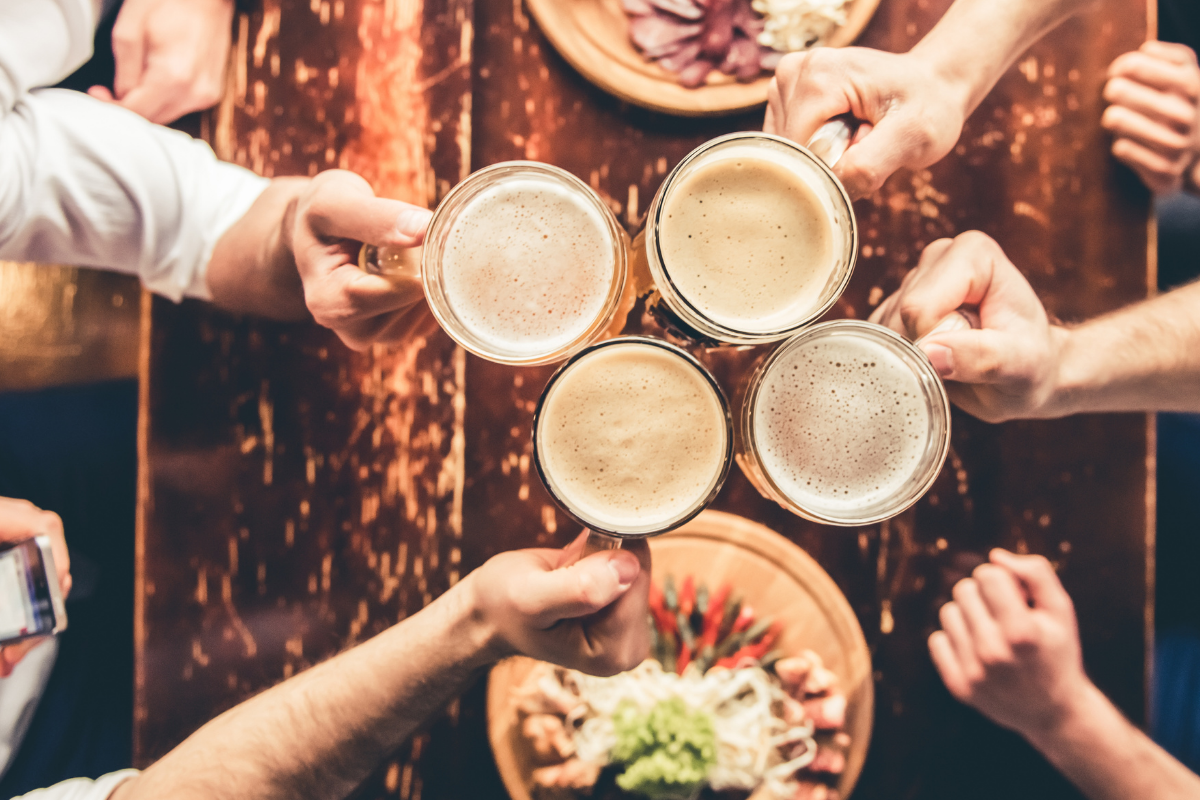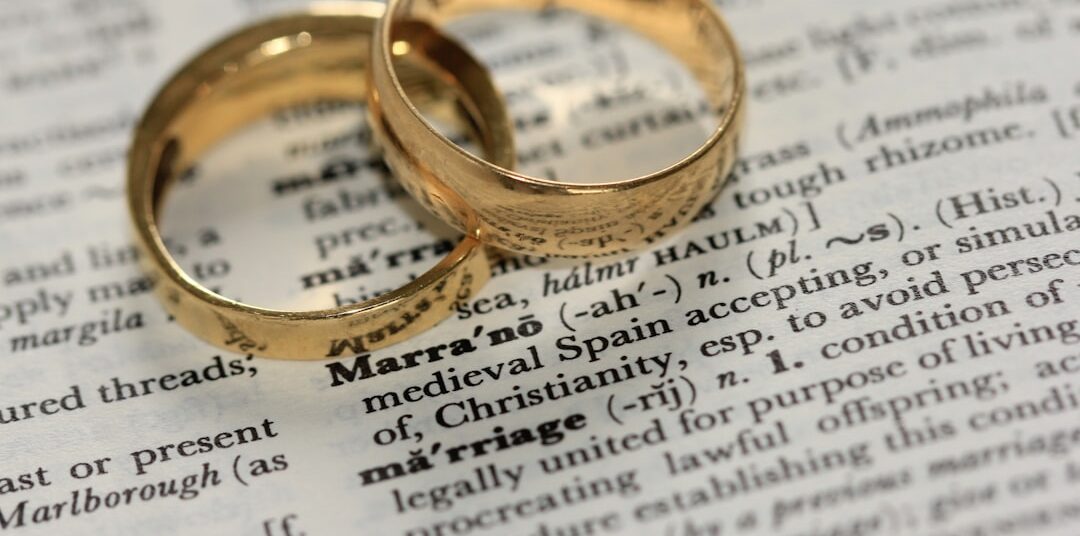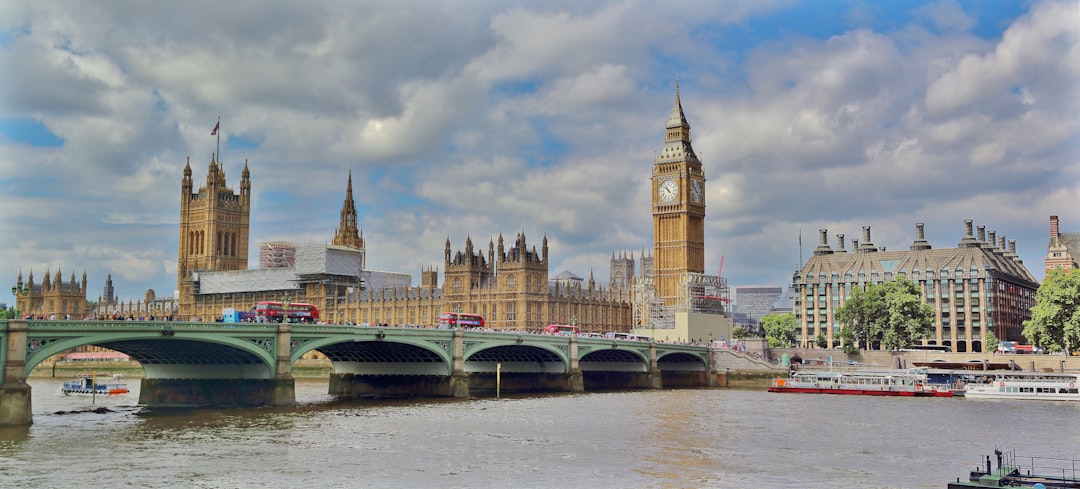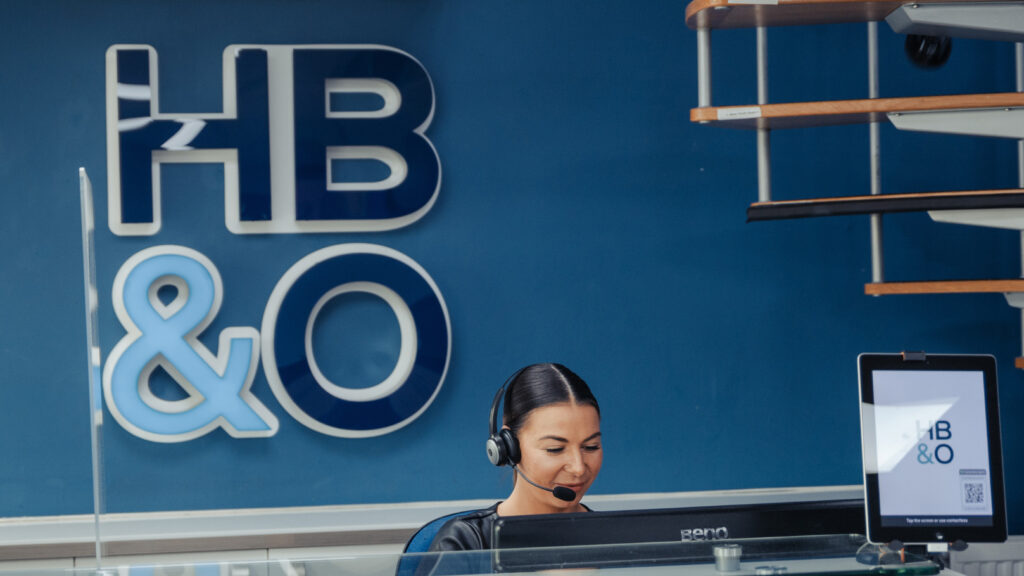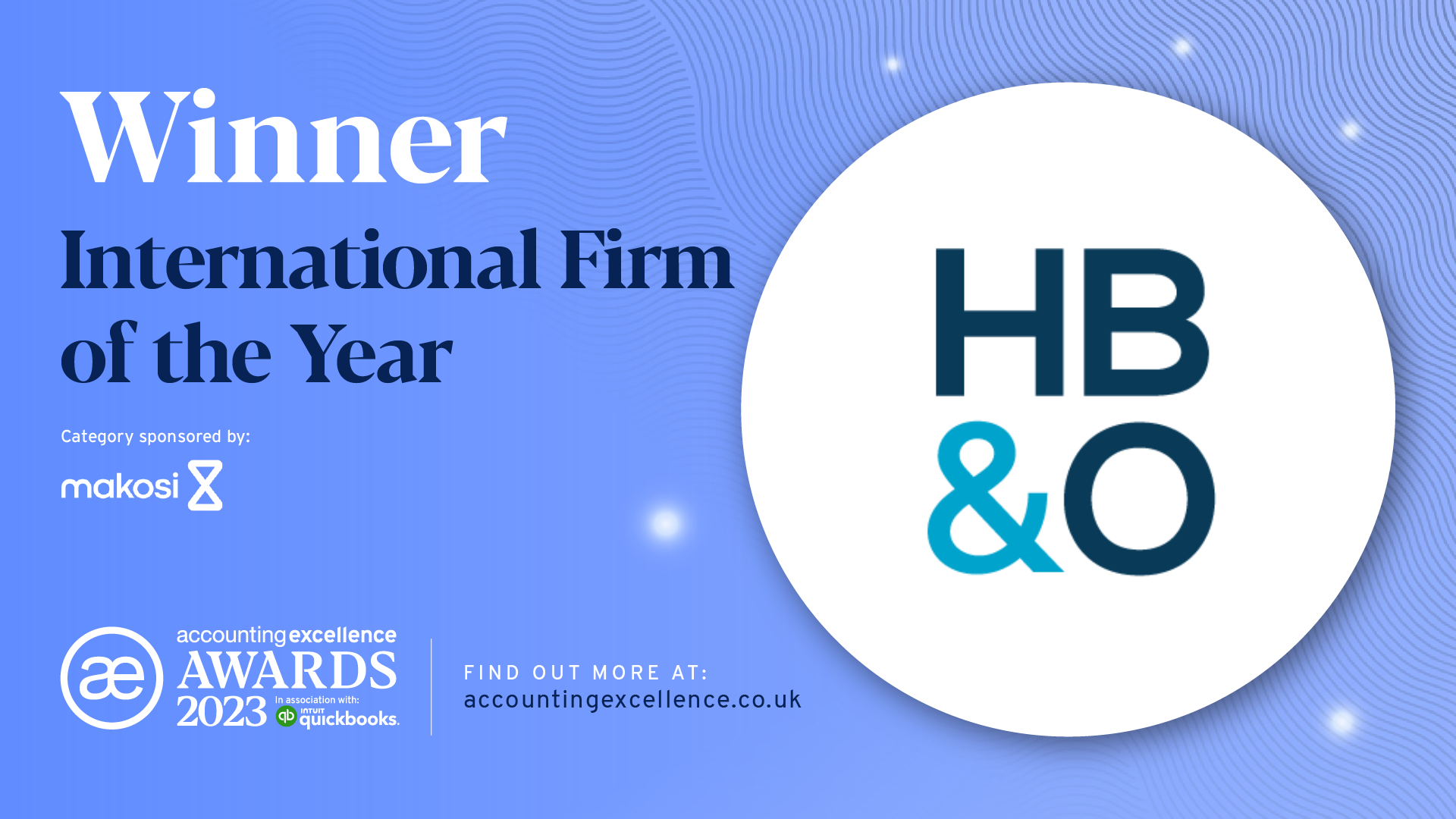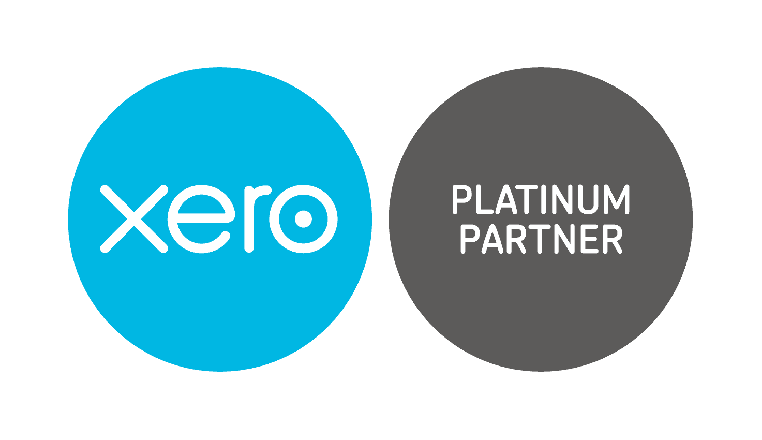In the Budget in early March, Rishi Sunak announced that the VAT rate cut, from 20% to 5%, introduced in July 2020, which saw certain businesses working within the hospitality sector benefiting, was to be extended for six more months.
What does the 5% VAT reduction apply to?
The temporary reduction applies to businesses who are VAT registered and supply the following:
- food and non-alcoholic beverages sold for on-premises consumption (e.g., in restaurants, cafes and pubs)
- hot takeaway food and hot takeaway non-alcoholic beverages
- sleeping accommodation in hotels or similar establishments, holiday accommodation, pitch fees for caravans and tents, and associated facilities
- admissions to the following attractions:
- theatres
- circuses
- fairs
- amusement parks
- concerts
- museums
- zoos
- cinemas
- exhibitions
- similar cultural events and facilities
When will the temporary VAT reduction end?
The VAT reduction was originally intended to last up until 12 January 2021 but has now been extended to the end of September 2021.
After that, the VAT rate will increase to 12.5%, which is still below the normal rate of 20%, for a further six months.
Do businesses have to pass on the VAT rate reduction to the customer?
Simply put, no they don’t. Businesses can set their prices and do not have to reduce the VAT, even if they are effectively paying less VAT to HMRC.
There are two ways to look at this. Businesses may consider using the reduction in the VAT rate as an opportunity to reduce prices to improve competitiveness. However, if the market isn’t as price-competitive, businesses could use the reduction in VAT to improve profit margins and assist with cash flow, especially to recover from the economic effects of COVID.
How does the VAT reduction work in practice?
In brief:
- Eat-in (including outdoor seating areas): All sales of food and drink will be subject to the reduced VAT rate, apart from alcoholic drinks, which are still subject to 20% VAT.
- Takeaway: If it is hot food or a hot drink being sold, and it is not alcoholic, it is subject to 5% VAT – otherwise the 20% rate will apply.
Let’s look at some practical scenarios, with the help of our friend Janet, to see how the different rates and the temporary reduction work in practice. For the purposes of these examples, the businesses in question have passed on the VAT savings to the customer.
Pubs, Restaurants & Cafes
Takeaway Food and Drinks
It’s been a busy morning for Janet, and she’s been looking forward to her lunch break. She pops into her favourite eatery; Café Lounge, a licensed café/deli open for takeaway lunches and evening meals. She buys a takeaway snack that includes a prawn salad sandwich, crisps, a chocolate bar, a cappuccino, and a bottle of her favourite wine for later.
Café Lounge provides a VAT receipt and it displays the following:
- the sandwich is zero-rated as cold takeaway food
- the crisps and chocolate are standard rated at 20% (as ‘luxury’ items excluded from the zero rate)
- the cappuccino benefits from the temporary VAT cut from 20% to 5%
- the wine is excluded as an alcoholic product, so still subject to 20% VAT.
Café Lounge have provided guidelines for staff to apply the different VAT rates on their Electronic Point of Sale (EPOS) system so that Janet is charged VAT correctly and they can account for this to HMRC.
Eat-in Food and Drinks
A few days later, Janet gets home from work and, after a glass of wine, realises the cupboards are bare, so she decides to go out for a meal with her partner. Janet visits Café Lounge again and orders a pizza, while her partner decides on a lite-bite chicken sandwich with crisps. They order a bottle of wine with their meals and end up having an espresso coffee with chocolate biscuits for dessert.
Janet scans the bill when it arrives and notices everything that they’ve ordered has a 5% VAT charge except for the wine which is at 20%.
Hotels and Airbnb
Janet is looking forward to the easing of lockdown rules anticipated for April. She needs a getaway and decides to book a mini break to Cornwall, stopping off for the night on both legs of the journey in Glastonbury. They find a gorgeous hotel near to Tintagel and a reasonable apartment to let via Airbnb in Glastonbury.
The good news for Janet is that rather than the usual 20%, the temporary 5% rate also applies to overnight accommodation in hotels and similar establishments (this includes any house, flat, chalet, villa, beach hut, tent, caravan, or houseboat).
Admission Charges
Janet’s excited to visit Glastonbury Abbey on their way back and they are hoping that they’ll also be able to visit the Eden project. More good news for Janet; the reduced 5% rate has been introduced for admission charges. This includes admission charges to amusement parks, botanical gardens, shows, theatres, concerts, museums, cinemas and similar cultural events and facilities, but not to sporting events. Some of these charges are already exempt as cultural services, and these remain exempt.
Wedding Packages
Janet and her partner put their wedding plans on the back burner while the restrictions were in place. With things beginning to open she decided to contact her wedding planner with a view to moving things forwards. She asked about the reduced 5% on the catering being provided. Unfortunately, her wedding planner informed her that as they are supplying a package of wedding services (use of rooms for a ceremony, wedding breakfast and evening party) this is a single standard-rated supply.It would have been a different story if they were to simply to provide catering on their own premises (such as a wedding breakfast) not as part of a wedding package.
This temporary rate will apply until 30 September 2021. After that, a new rate of 12.5% will be introduced from 1 October 2021 to 31 March 2022. In these examples, we have tried to cover some of the more common areas of difficultly but if you want to discuss your own particular circumstances, please contact Jessica Mason on [email protected]
